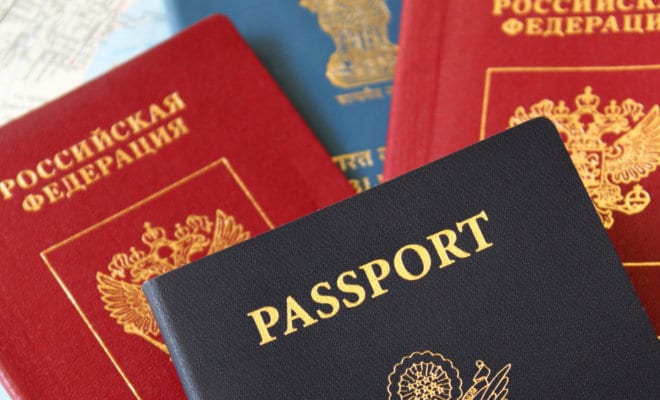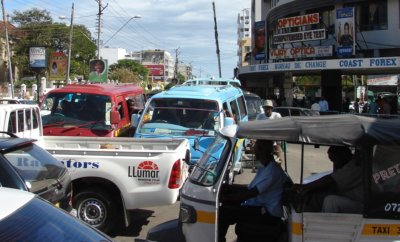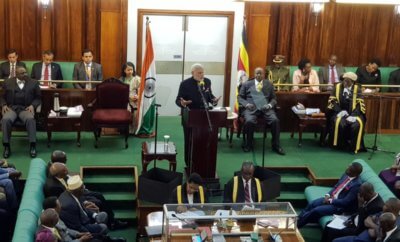Immigration
Asian, African Researchers Face More Visa Hurdles: Survey

Representational Image
Bigstock
Asian and African researchers are three to four times more likely to face visa-related hurdles than those from America and Europe, according to a survey.
Asian and African researchers face most visa hurdles while trying to go overseas on work, according to a new survey. Researchers from these two continents are also less likely to go abroad for their research-related work, according to the survey published in the Nature journal.
However, almost all the researchers surveyed acknowledged the importance of international movement for their work.
The survey, titled “International movement and science,” found that Asian and African researchers are three to four times more likely to face visa-related hurdles than those from America and Europe. It found that Asian researchers were over four times more likely, and African researchers more than three times as likely, to face visa hurdles than their American or European counterparts.
“Overall, 40 percent of respondents with an Asian nationality (152/380, mostly from India) and 34 percent of respondents with an African nationality (134/398) reported that a visa-related issue had been an obstacle to them visiting another country for research purposes, compared with 9 percent (28/302) of North American and 9 percent (82/946) of European respondents,” according to the report.
More than one-third of researchers from Asia and Africa said that a visa-related issue had been an obstacle to them visiting another country for a research purpose. One-fourth of the respondents from Africa and Asia said they had encountered visa issues that affected long-term relocation to another country, compared with 13 percent of North American and 7 percent of European researchers.
Around 45 percent of African nationals reported travelling to another country for research work very rarely, compared to only around 17 percent of those from Europe.
Researchers cited visa-related issues such as time-taking process, lengthy and complex application forms, cost of application, and lack of clarity about rules and processes.
With the help of the survey, authors were able to identify behavioral patterns, drivers and barriers to the international mobility of researchers, the journal cited Gordon McInroy, an analyst at RAND Europe in Cambridge, as saying. Researchers were, however, not supposed to identify the reasons behind differences in travel-related opportunities.
African researchers and other respondents, who never traveled abroad previously, were more likely to cite lack of knowledge about work opportunities overseas as a hurdle in going abroad. Family-related challenges were also cited as the reasons for not going overseas for work, the report said.
The online survey was conducted by RAND Europe on behalf of Together Science Can and Wellcome Trust. It spoke to 2,465 respondents from 109 countries (the number of countries is based on the respondents’ first reported nationality), with the United Kingdom, the United States and India providing a large proportion of responses.
The respondents were asked about the about their travel patterns, enablers and hurdles they came across when traveling or applying for visa. They were also asked about the perceived outcomes of their international movement. Questions referred to relocation as well as shorter-term travel.




You must be logged in to post a comment Login